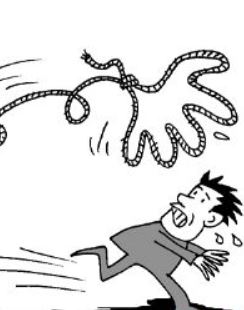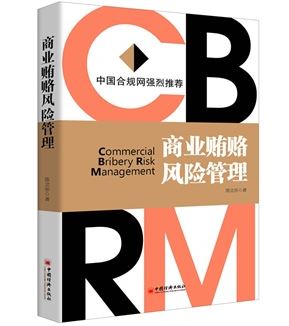
Shanghai Food and Drug Administration announced that Shanghai Police arrested eight suspects from Farine, a famous French Bakery in Shanghai for using expired flour. Four of the suspects have been detained while the other four have been released on bond pending the trial. The president of Farine, Franck, Louis Pécol (a French national), has fled back to France.
The police raided the bakery after being tipped off by an anonymous whistle-blower about Farine’s worrisome sanitation condition and the use of expired flour for baking breads. As a result of the raid, 2300 parcels of flour were found to be faulty. The police then raided another warehouse and found 2366 more parcels of flour that were outdated. Following the incident, Shanghai Food and Drug Administration lauded the whistle-blower for his/her whistle-blowing tip.
Farine issued a public statement trying to clarify the situation admitting that a “tiny” part of the flour was outdated. However, Farine maintained that the to-use-best-before date had not expired by then. Certain tests conducted at a supplier’s laboratory showed that it was safe to use outdated flour to bake breads. Nevertheless, as expected the lab test didn’t say it was safe to eat the breads baked with the expired flour.
The police urged Franck to come back to China to cooperate with the police on the criminal investigation. Farine has been in existence in China for more than a decade. Farine’s future could be in shambles if Franck does not heed the calls of the authorities, on the other hand Franck would probably have to face criminal charges on his return.
In 2014, a criminal fine of RMB 3 billion (approximately US$ 490 million) was imposed on GlaxoSmithKline (China) Investment Co., Ltd. (hereinafter referred to as “GSK China”), the Chinese subsidiary company of the UK pharmaceuticals company, after a Chinese court found it guilty of corruption. The drug giant paid out bribes to doctors in order to have their products promoted. The court gave GSK China's former head, Mark Reilly, a suspended three-year prison and a deportation sentence. Three other GSK China executives, in marketing, human resources, and legal departments were also suspended and given jail sentences.
Mark Reilly fled back to the UK after Chinese government launched the investigation on GSK China. Mark Reilly did come back to China to cooperate with the investigation but was then put behind the bars.
After GSK, some non-Chinese nationals were seen taking open air tickets so they could catch any air flight available to fly out of China to avoid prosecution.
The Farine case is nothing compared to the food safety scandal of OSI Group in China. In 2014, OSI Group was raided for using expired meat and doctoring production dates allegedly based on the instructions of their top seniors.
As a result, OSI's meat producing plant in Shanghai was shut down in July of 2014 over the safety allegations. Chinese Police arrested six OSI employees in connection with the issue, which earlier prompted Oak Brook-based McDonald's to end supply contracts with OSI in China.
The food safety issue has been a blow to both OSI Group and McDonald’s, which saw its Asia sales fall sharply in July of 2014. OSI Group, through its subsidiaries, supplies products to McDonald’s, Yum Brands Inc.'s KFC and other major restaurant chains in China.
The scandal, which spread as far as Hong Kong and Japan, sparked a Chinese probe into the firm and dragged down China sales at Yum and McDonald's, which have both since cut or suspended ties with OSI.
Just like GSK, Farine has many lessons to learn on compliance and crisis management. One of the major issues is that their risk management wasn’t handled appropriately. It is a grave mistake to publicly issue the defense that is supposed to be filed with nobody but the government.
*The author Henry Chen, licensed to practice law in China and the New York State of the U.S., is a Senior Partner of Dentons Shanghai Office. Before joining Dentons, Henry Chen was the AP Compliance Director of Ford Motor Corporation. Henry Chen is a representative of China Delegation to negotiate over ISO19600 Compliance Management System - Guidelines, and the Vice Director of the Working Committee on China national standard Compliance Management System. Henry Chen is the author of the book Commercial Bribery Risk Management in China. If you have any questions about this report, please do not hesitate to contact henry.chen@dentons.cn






